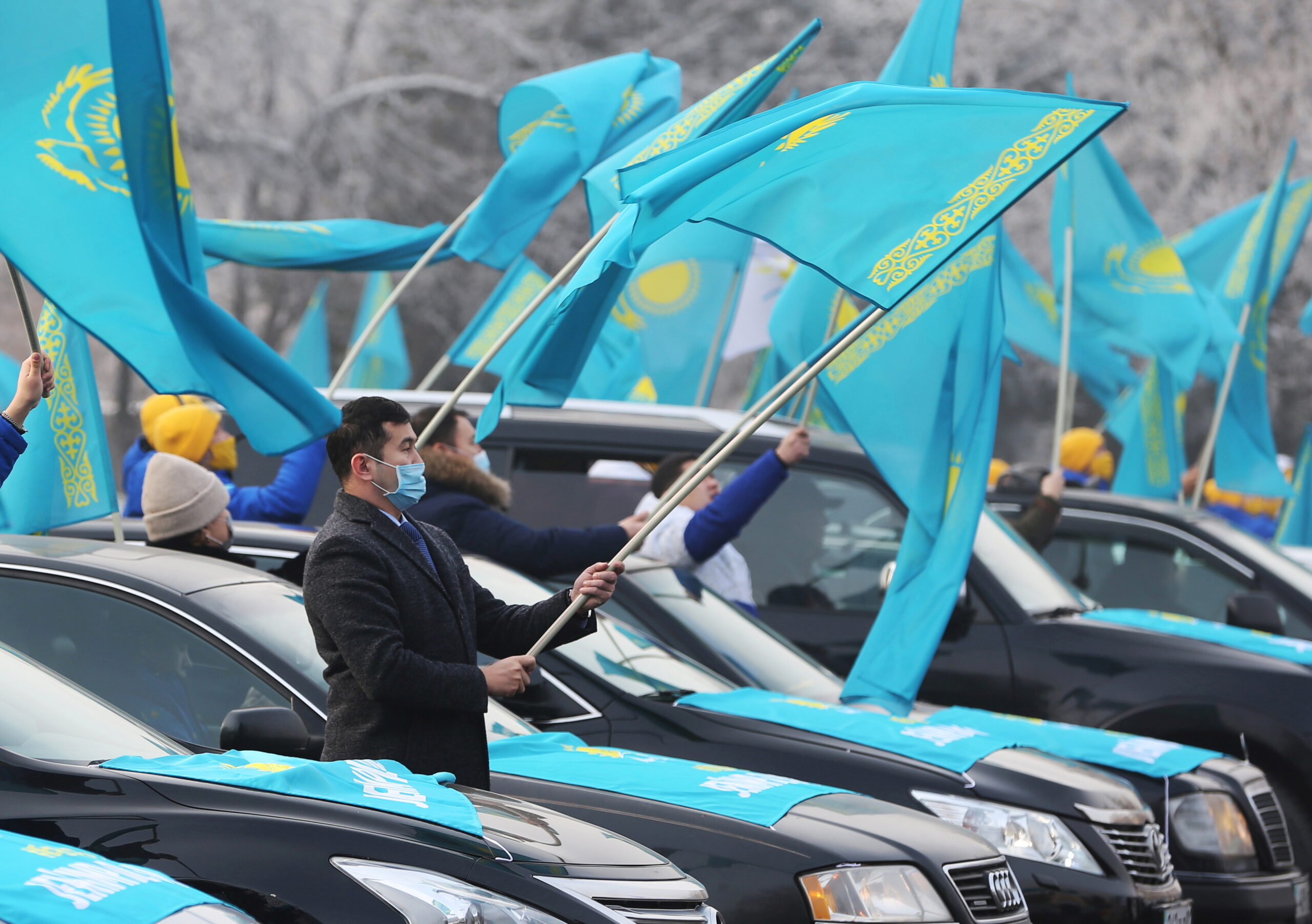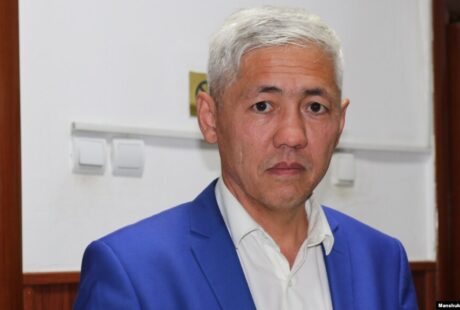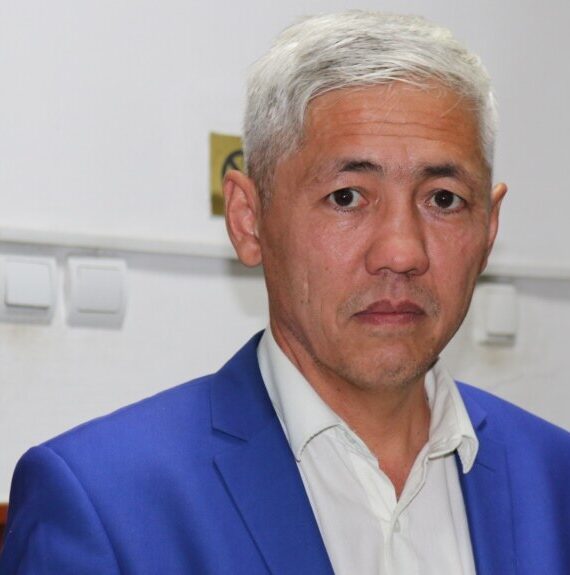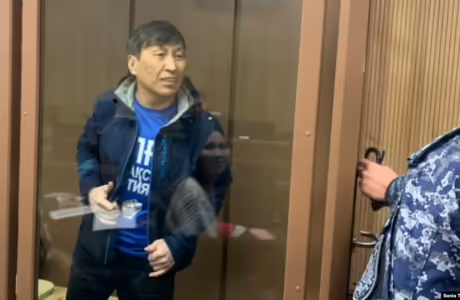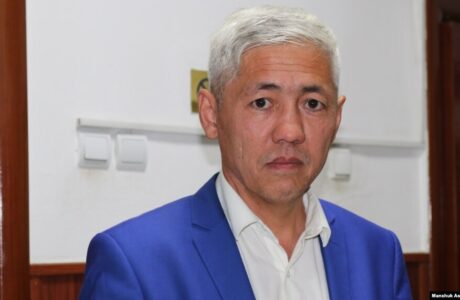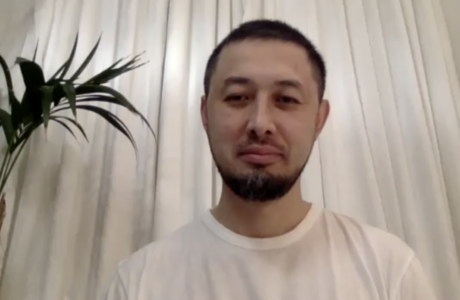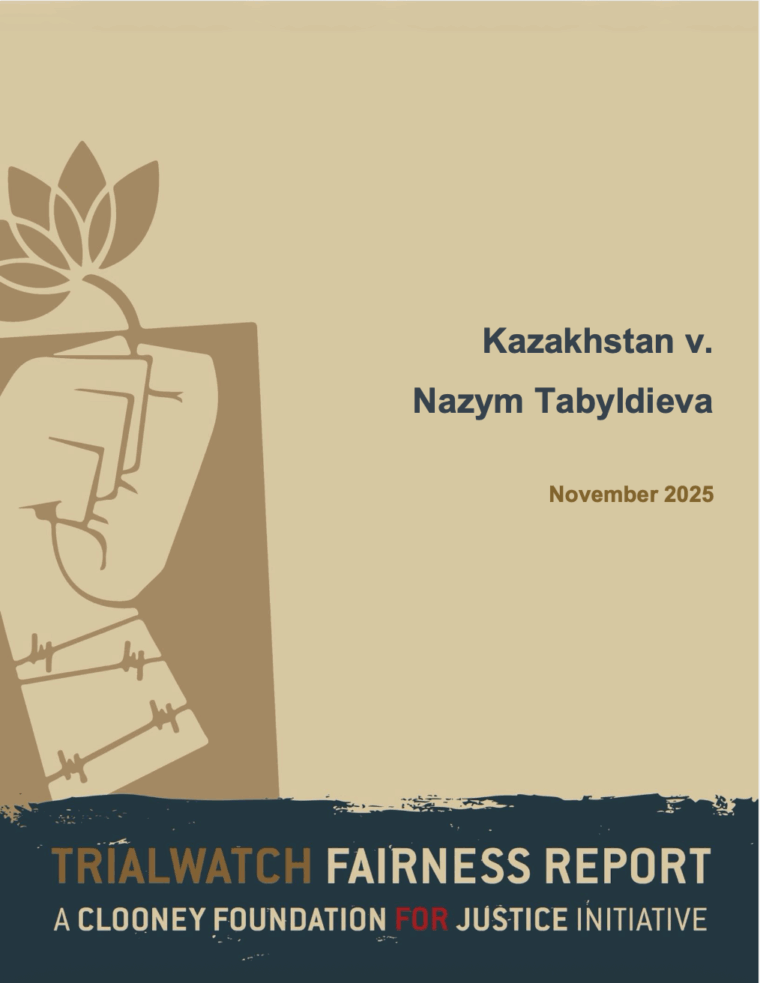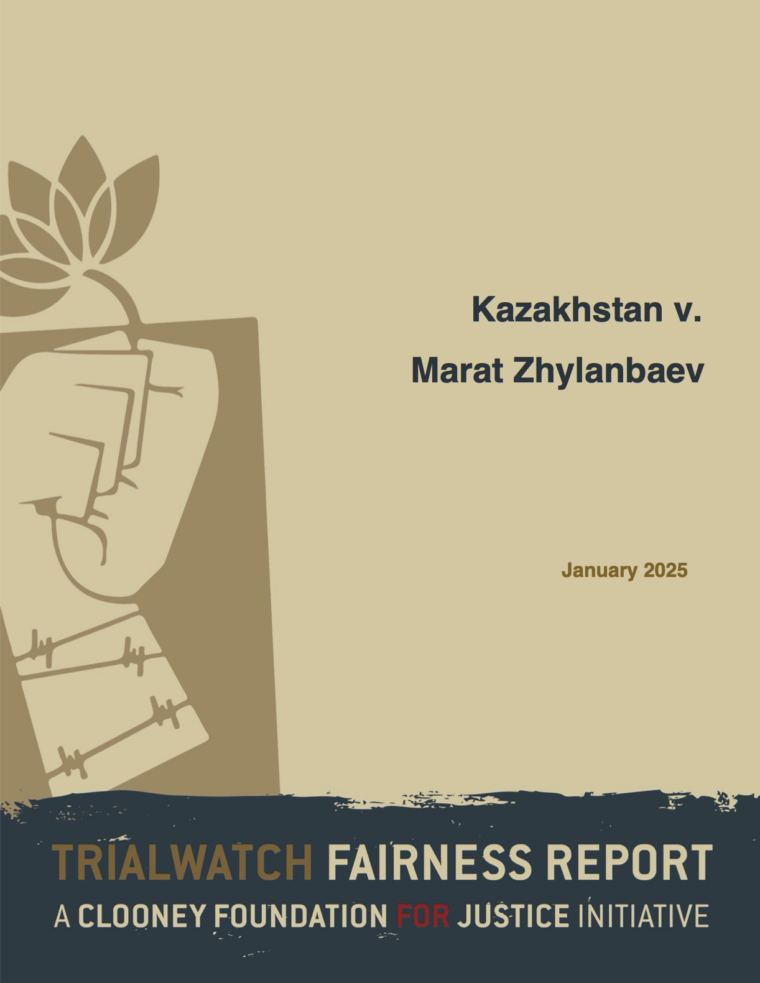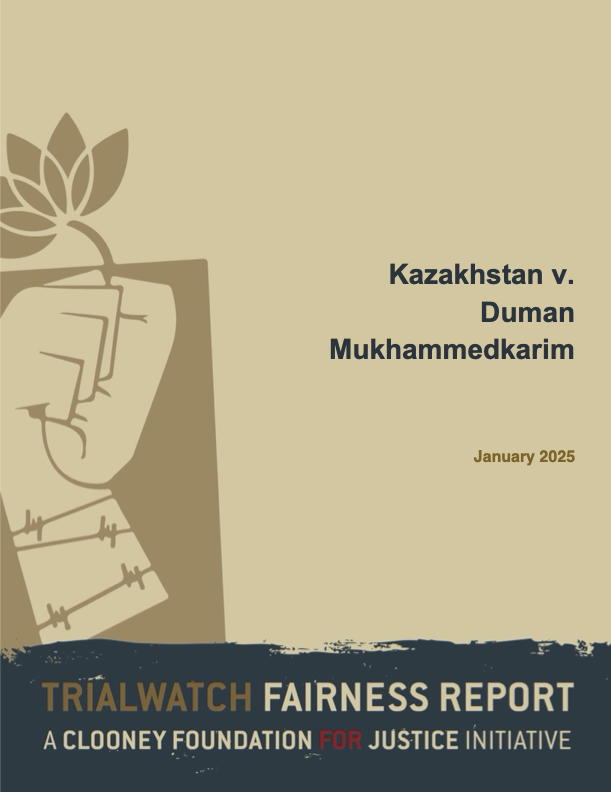The Kazakh government misuses vague laws—in particular ‘anti-extremism’ and ‘fake news’ laws— to prosecute journalists and activists for criticism of the government. In 2021, Human Rights Watch found that Kazakhstan had launched over 130 cases against alleged members of banned ‘extremist’ opposition parties. During the COVID pandemic, the government also sought to suppress critical speech using a provision criminalizing dissemination of “knowingly false information that creates the danger of disrupting public order.”
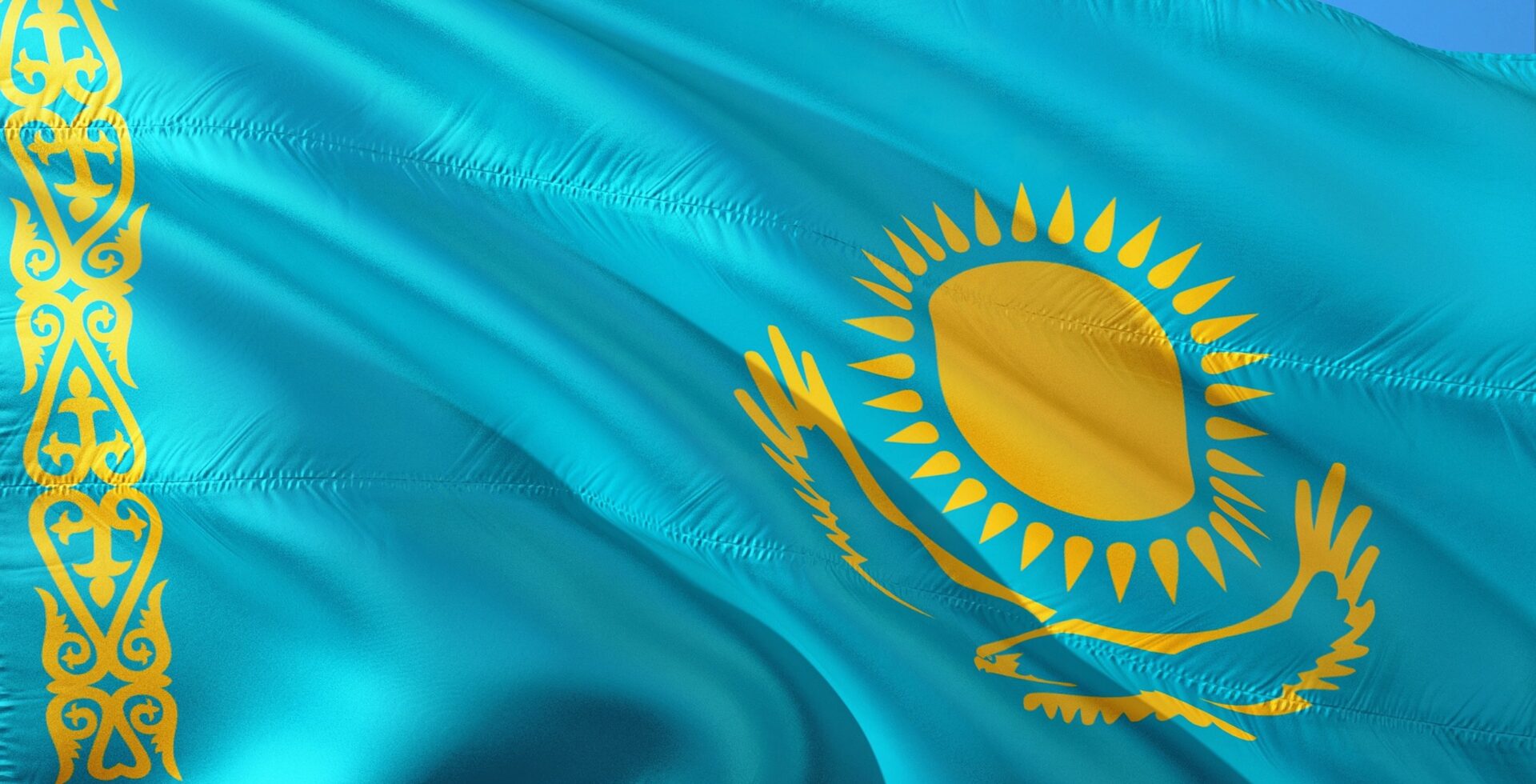
TrialWatch has monitored one trial under the fake news law and two trials under the anti-extremism law, all of which involved posts on social media.
In all of the cases monitored, the prosecution relied on expert reports to show the ‘danger’ posed by defendants’ social media posts, often without adequate opportunity for the defense to cross-examine the experts.
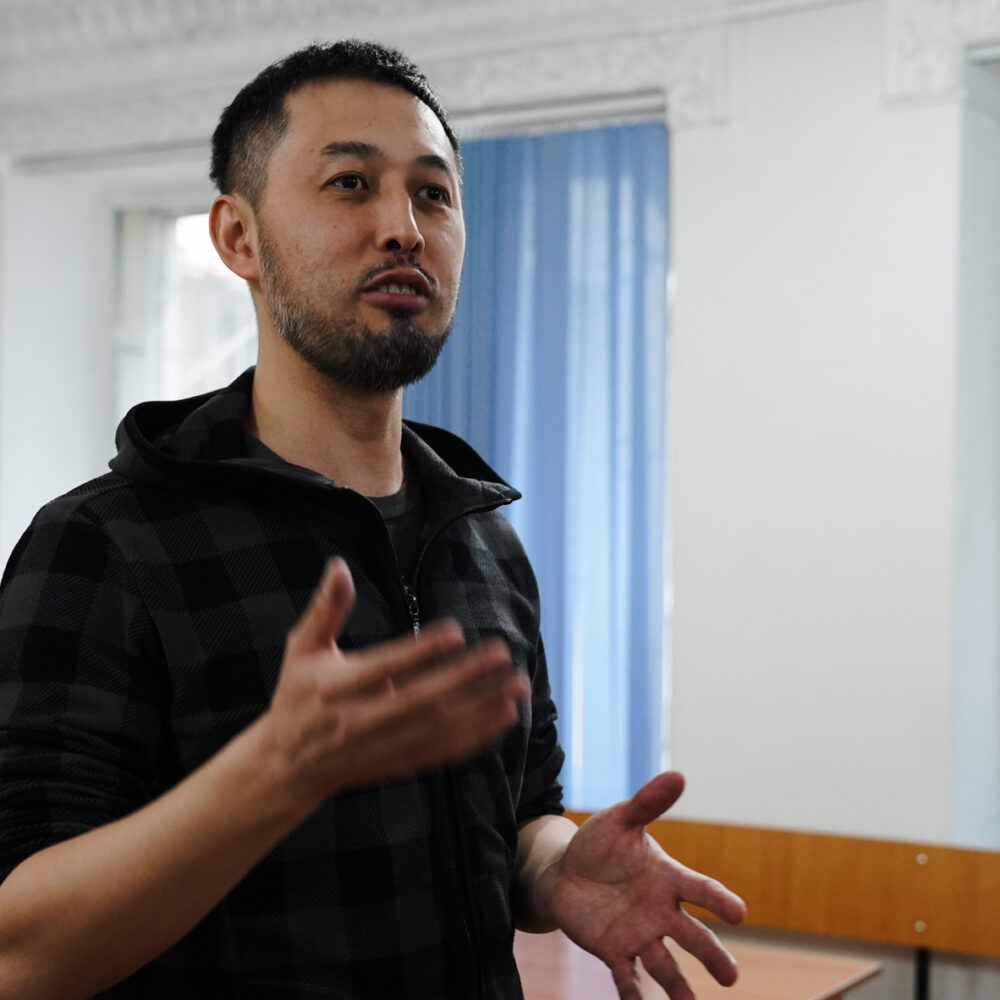
TrialWatch is also examining Kazakhstan’s use of non-custodial sentences in these cases, including, for instance, bans on engaging in “public and political activities,” which has effectively prohibited one defendant from continuing her work as a journalist and two from continuing their work as activists.
CFJ has filed an amicus brief in one of the cases urging reversal of an activist’s conviction because of the ‘fake news’ law’s vagueness both on its face and as applied. Since then TrialWatch has taken the case of Alnur Ilyashev to the UN Human Rights Committee, challenging the anti-extremism law.
